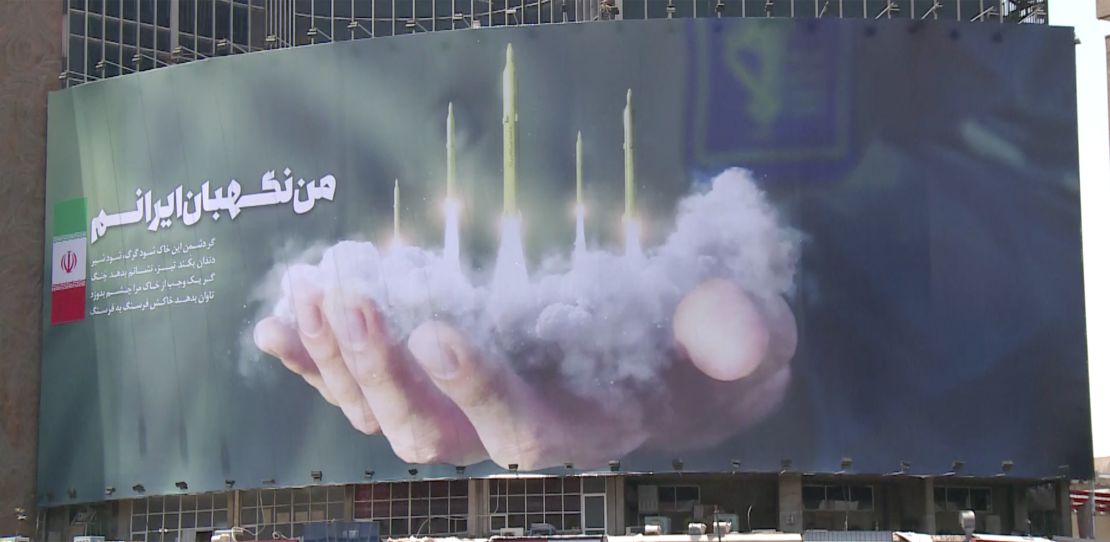Story highlights
Three members of Iran's military forces captured, say Saudi authorities
Captives were about to embark on a 'terrorist act', according to Saudi statement
Iran denies Saudi claims
Iran has denied claims that members of its elite Revolutionary Guard Corps were arrested for plotting a “terrorist act” on an oil platform off the coast of Saudi Arabia.
The Saudi navy said it intercepted an Iranian boat packed with explosives as it approached the offshore oilfield last week, but that two other boats escaped, according to a statement from the kingdom’s Culture and Information Ministry.
“We can confirm that Saudi naval forces have captured three members of the Iranian Revolutionary Guard who were on board a small vessel armed with explosives which was heading for an oil platform in the Marjan field,” the Ministry said in a statement Monday.
“It is clear this was intended to be a terrorist act in Saudi territorial waters designed to cause severe damage to people and property.”
The accusations were refuted by Iran, who said the men captured by Saudi Arabia were “simply fishermen.”
“Saudi Arabia’s claim about the arrest of Iranian military forces is not true,” Iranian Interior Ministry official Majid Aqa-Babei said Monday, according to Iran’s state-run Press TV.

The spat is the latest between the bitter Middle East rivals, who broke off diplomatic ties last year after Saudi Arabia executed a well-known Shia cleric and dissident, Sheikh Nimr al-Nimr. Saudi Arabia is a largely Sunni Muslim nation, while Iran is majority Shia.
Two days after the reported Saudi capture of Iranian military forces, Iran fired several missiles into eastern Syria, targeting ISIS fighters in retaliation for twin attacks that rocked Tehran on June 7.

The strikes were the first time Iran fired missiles at another country in three decades and represented a major escalation of Iran’s role in the Syrian conflict.
Iran’s Revolutionary Guards accused Saudi Arabia of backing ISIS in the attacks that killed 16 people at Iran’s Parliament building and a shrine dedicated to the Islamic Republic’s founder Ayatollah Khomeini.
CNN’s Caroline Faraj contributed to this report.
